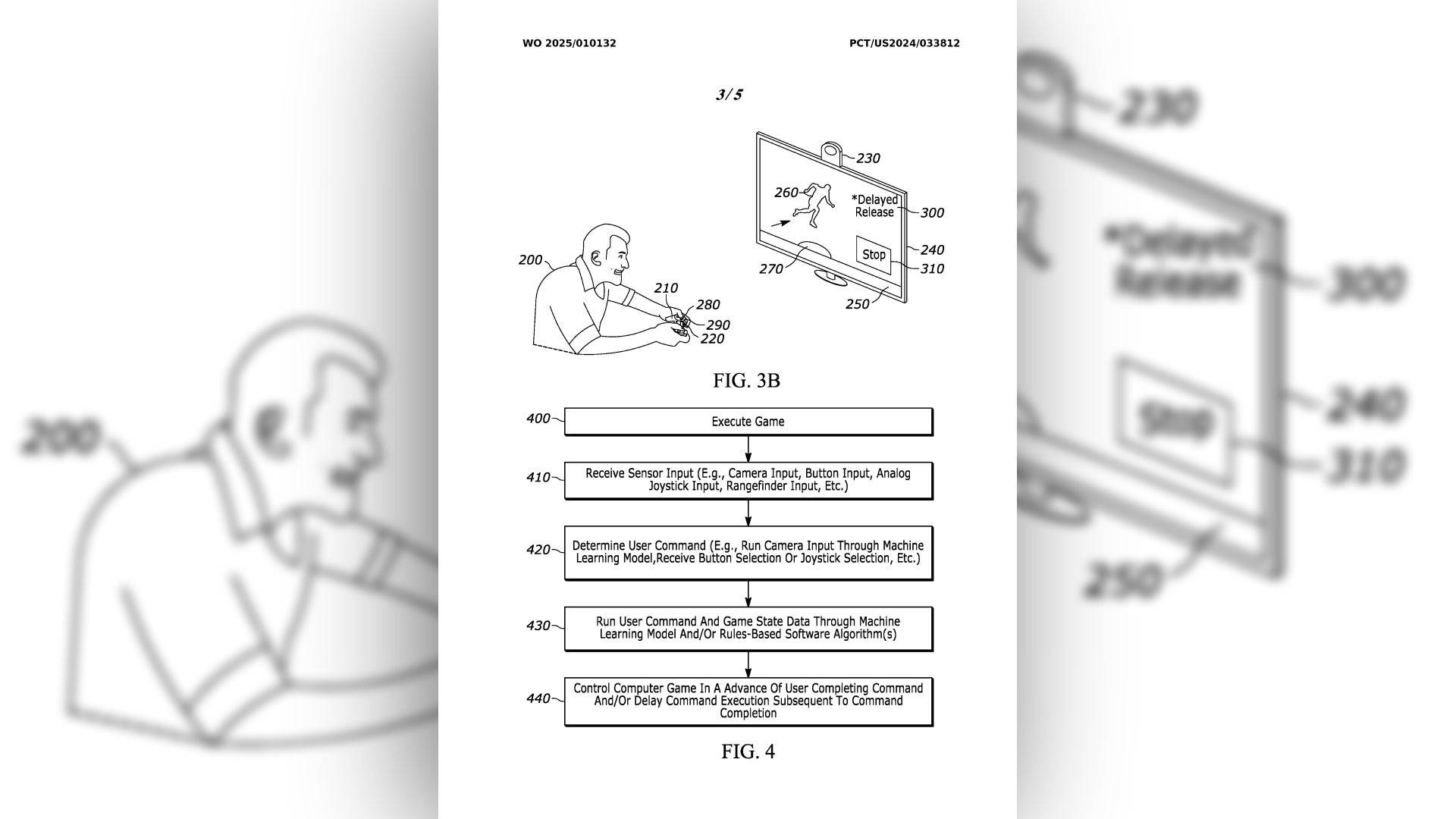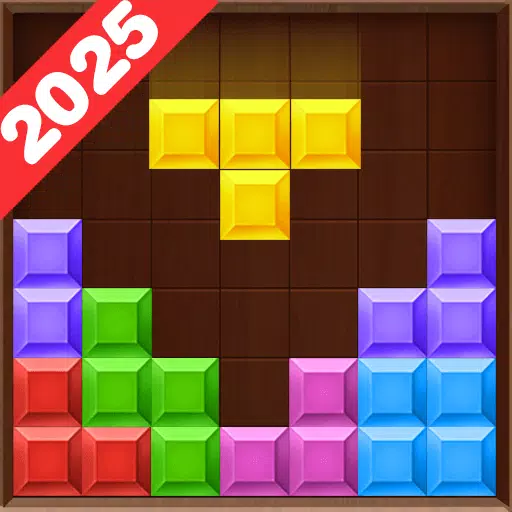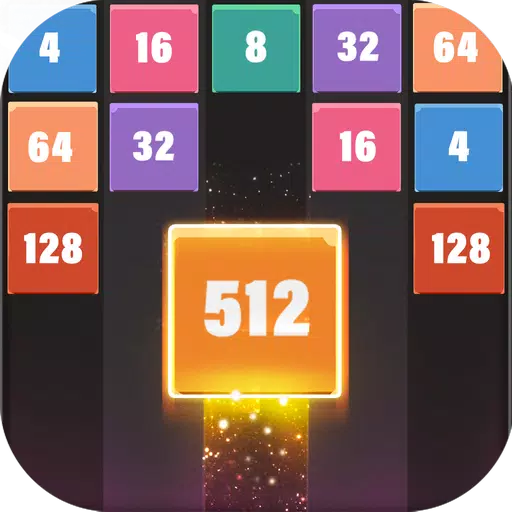Sony's AI Senses Future Button Press Intent
Sony's latest patent hints at a potential game-changer for future PlayStation consoles: AI-powered latency reduction. The patent, WO2025010132, focuses on predicting user inputs to minimize delays between command and execution. This is particularly relevant given the increased latency often associated with advanced graphics technologies like frame generation, which, while boosting frame rates, can negatively impact responsiveness.
Sony's current PlayStation 5 Pro utilizes PlayStation Spectral Super Resolution (PSSR), an upscaler capable of 4K output. However, further advancements in visual fidelity often introduce latency issues. Competitors AMD and Nvidia have already addressed this with Radeon Anti-Lag and Nvidia Reflex respectively. Sony's proposed solution leverages machine learning.

The patent details a system incorporating an AI model trained to anticipate user inputs. This prediction is aided by external sensors, potentially a camera monitoring controller button presses, or even the controller buttons themselves acting as sensors. The patent suggests utilizing camera input as input to a machine learning (ML) model to identify the initial user command. The use of analog buttons, a hallmark of Sony controllers, is also a possibility.
While the exact implementation in a future PlayStation 6 remains uncertain – patents rarely translate directly into final products – the patent clearly indicates Sony's commitment to reducing latency without sacrificing responsiveness. This is crucial given the growing popularity of frame generation technologies like FSR 3 and DLSS 3, which inherently add latency.
The benefits would be most noticeable in fast-paced games requiring both high frame rates and low latency, such as first-person shooters. Whether this technology will see the light of day in future hardware remains to be seen, but the patent signifies a significant step towards enhancing the gaming experience.
-
1

Google Play Awards 2024 winners include Squad Busters, Honkai: Star Rail, and more
Jan 09,2025
-
2

Animal Crossing: Pocket Camp Complete - Where to Farm Snacks
Jan 08,2025
-
3

Dodgeball Dojo is a new family-friendly, anime-inspired card game coming to iOS and Android
Jan 12,2025
-
4

Spyro Almost Cast as Playable Char in 'Crash Bandicoot 5'
Dec 11,2024
-
5

Warzone's Shotgun Nerfed in Update
Jan 26,2025
-
6

Puzzle & Dragons Drops a New Collab with Sanrio Characters
Dec 10,2024
-
7

Sci-Fi Sojourn Arrives for Teeny Tiny Town's Anniversary
Dec 12,2024
-
8

Ace Force 2: Immersive Visuals, Dynamic Character Arsenal
Dec 10,2024
-
9

KartRider Rush+ Drops Season 27 Soon Featuring Riders From The Three Kingdoms Era!
Jan 05,2025
-
10

Carrion the Reverse Horror Game That Lets You Hunt, Consume and Evolve Drops on Mobile Soon!
Dec 30,2024
-
Download

Magnet Hero
Action / 45.6 MB
Update: Feb 11,2025
-
Download

Bulma Adventure 2
Casual / 57.55M
Update: Mar 09,2024
-
Download

!Ω Factorial Omega: My Dystopian Robot Girlfriend
Casual / 245.80M
Update: Sep 10,2024
-
4
IDV - IMAIOS DICOM Viewer
-
5
FrontLine II
-
6
Agent J
-
7
Red Room – New Version 0.19b
-
8
KINGZ Gambit
-
9
Granny Multiplayer Horror
-
10
Wood Games 3D














